By Carina Saavedra When I began serving as an Affordable Care Act Navigator at Alliance in November, the healthcare.gov website was plagued with technical difficulties. It was frustrating to be unable to complete an enrollment because the website constantly went down. A bad experience can sometimes turn a person away from the whole process, resulting in more than just frustration; they can impede health insurance access.
However, since December, the websites performance has improved greatly, resulting in a smoother experience. Every person I help at Alliance is unique, and his or her experience is unique as well. Their questions and concerns can and do vary widely. Some of the patients I serve seek basic information about the Affordable Care Act, others want assistance in the enrollment process. Many patients are concerned about affordability and don’t know that financial assistance may be available to them. Some want to know how to pay their monthly premium and others ask what a monthly premium is. As a Navigator, I am here to assist our patients in their transition to health care coverage as consumers of The Marketplace under the Affordable Care Act. Whenever I am able to assist a person in completing the process, and they enroll in a health insurance plan, I print out a copy of their insurance plan summary. I review the plan summary with them, highlighting important information like the plan’s name, the company’s contact information, so that later on the consumer can become their own health insurance “navigator!”
My experience at Alliance has been personally fulfilling. Appreciative patients have thanked me for helping them in accessing affordable health insurance for themselves and their families; this is the most rewarding part. However, not every Navigation appointment has had a happy ending. I have had some hard conversations, like having to tell someone that they don’t qualify for a government subsidy because their income is too low, or explaining that they don’t qualify for financial assistance because they are eligible for insurance through their or their spouse’s job.
Even though not everyone I assist is able to enroll in a health insurance plan, I feel that my service does make a difference. I do my best to ensure that every patient is clear about their health insurance options enabling them to make informed choices. If information is power, then my work is empowering people, and that, for me, is the greatest reward.
Alliance is a medical home to 7,000 low-income working adults. Carina is serving at Alliance Medical Ministry as a Navigator through a year-long AmeriCorps position made possible through a grant from the Corporation for National and Community Service to Community Care of North Carolina (CCNC). Only 40% of Alliance patient qualify for healthcare subsidies; 60% remain in the gap not quailing for any government support and ineligible for Medicaid. To learn more or support our work, go to www.alliancemedicalministry.org.

